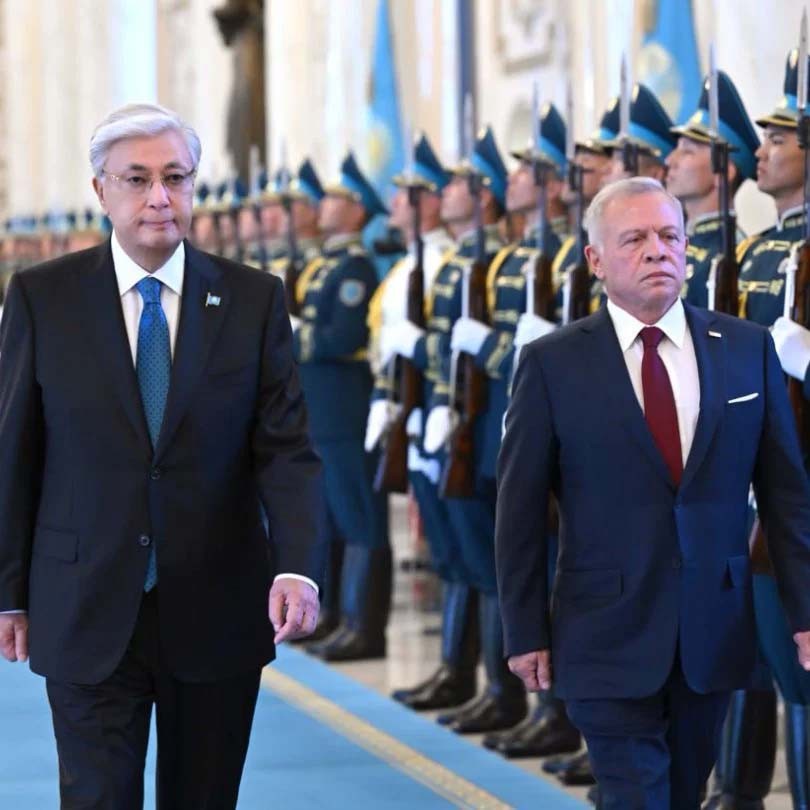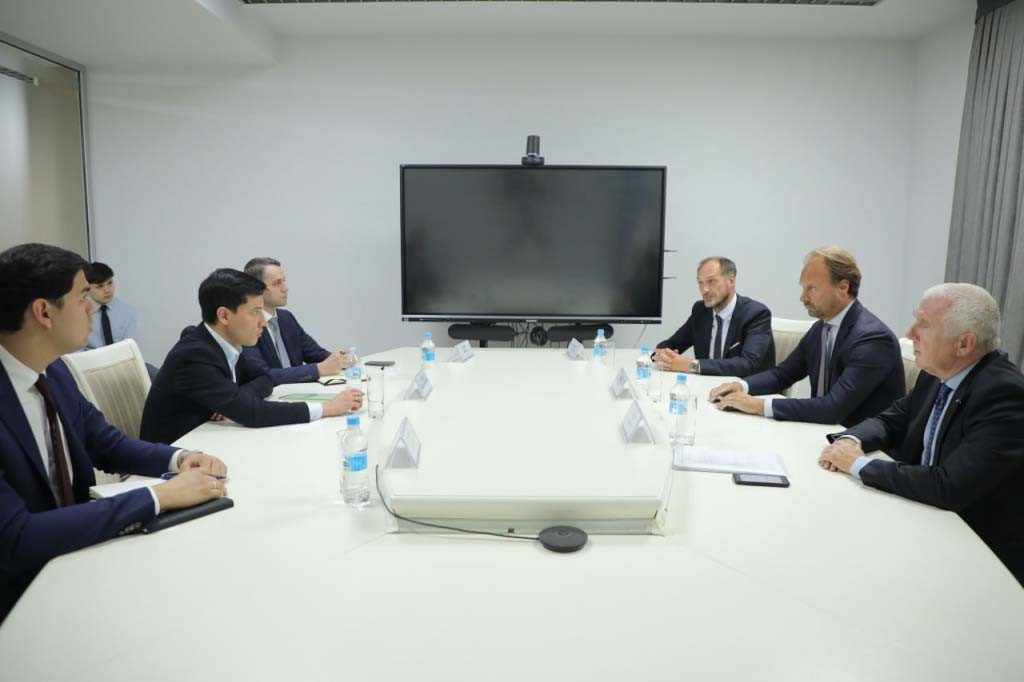Uzbekistan and Russia are entering a new level of cooperation in the construction sector. The Agency for Technical Regulation of Uzbekistan and Rosstandart have agreed to include in the regulatory framework of the republic a provision regulating the use of information technologies in construction. The document entitled " Technologies of information regulation in construction. Basic terms and definitions" will become the basis for forming a unified terminology base.
Digital transformation and new opportunities
Recognition of the Russian standard will unify approaches to digital modeling of capital construction projects and minimize technical barriers in the implementation of joint infrastructure projects. This integration opens up opportunities for accelerated digitalization of the industry in Uzbekistan, where BIM (Building Information Modeling) and green building technologies are actively being implemented.
Previously, the republic has already adopted the standards of the Russian Federation in the field of eco-friendly technologies, confirming the policy of deepening integration in the field of technical regulation. The new step will allow both countries to work within a single system of rules, which significantly increases the effectiveness of joint projects and strengthens trust between participants in the construction process.
Practical significance for the labor market
The issue of standard unification has not only technological, but also social significance. Russia's construction industry employs a significant number of migrants from Central Asian countries, including Uzbekistan. According to data for the first half of 2025, about 6.7 million foreigners work in Russia, of which about one million work on construction sites. Using a single "language base" in construction will reduce the risk of misunderstandings and improve the quality of work performed.
Experts note that competition for construction personnel is intensifying: Middle Eastern countries are attracting specialists with higher salaries and working conditions, and workers from India and North Korea are starting to come to Russia. In these circumstances, standardization is becoming an important factor in maintaining the effectiveness of joint projects involving migrants from Central Asia.
Prospects for cooperation
This year, the parties plan to hold expert meetings to discuss further steps in the field of standardization and digitalization of construction. This will allow us to develop new mechanisms for interaction and expand opportunities for cross-border infrastructure initiatives.











